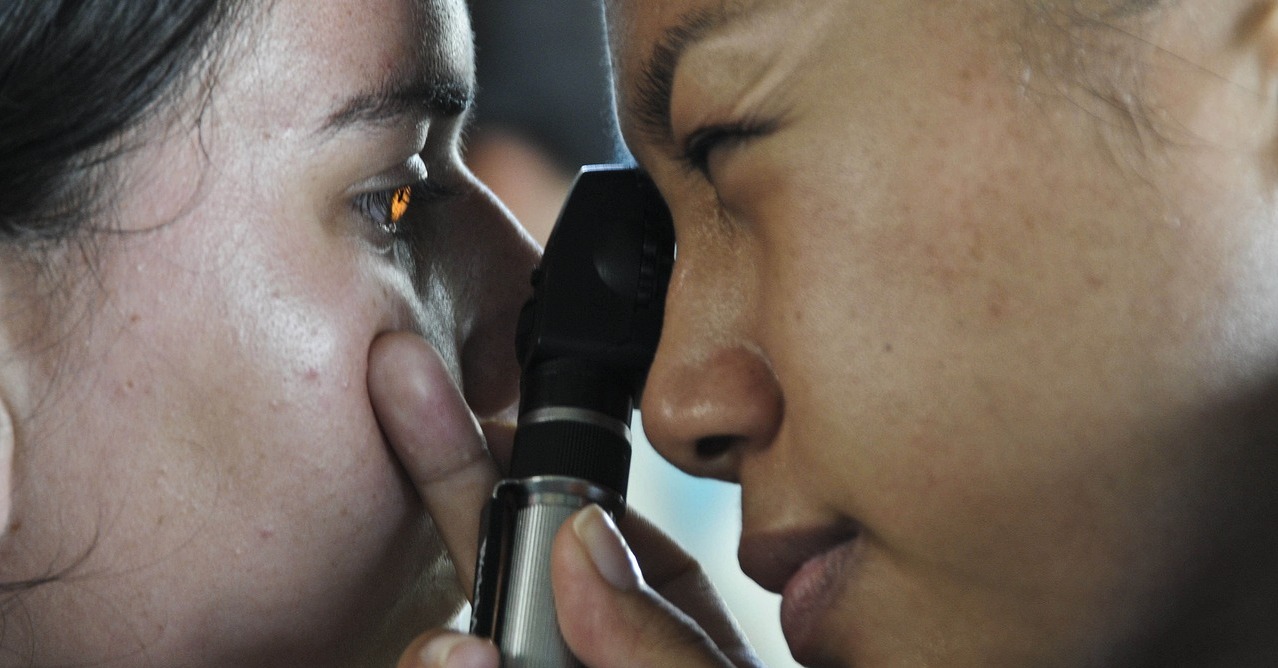
How to Become a Licensed Mental Health Social Worker
We explain the steps necessary to become a licensed mental [...]

According to UNICEF (among others), frontline workers were the unsung heroes of the COVID-19 pandemic. (Perhaps unsung isn’t the best word, given how entire cities publicly applauded hospital workers daily at the height of the pandemic.) Their work warranted more than praise: these professionals put their lives on the line, working grueling hours in the face of daunting trauma.
Healthcare workers, first respondents, and public health officials occupied center stage during the pandemic. Concurrently, one group of less-visible professionals toiled behind the scenes in equally extreme and unprecedented conditions. The traumatic reverberations of COVID-19 profoundly impacted social workers practicing at the height of the pandemic. Mental health and behavioral health concerns like anxiety, depression, substance abuse, domestic violence, and suicidal ideation all spiked throughout this period.
Many vulnerable communities and families lacked sufficient access to social work services due to overwhelming demand and limited supply. Nonetheless, social workers toiled heroically to deliver relief in the face of contagion, quarantines, and numerous additional challenges. While news coverage focused on a strained healthcare system, doctors, nurses, and other first responders, social workers experienced similar burnout, fatigue, attrition, and staff shortages. They truly were heroes, and they continue to be.
This article examines what it’s like practicing social work during a pandemic, including the following topics:
Social work careers are emotionally taxing and grow more so during public health crises and natural disasters, when the demand for their services tends to increase. Social work professionals perform complex interventions at the micro, mezzo, and macro levels. They connect individuals, families, communities, and populations to critical social services. They fight for social justice, advocate for equitable resources, address inequities, and deliver essential services to those in need. Extreme events like global pandemics predictably increase the need for such services.
Many have drawn comparisons between the 2020 COVID-19 pandemic and the flu pandemic of 1918, attempting to learn from history. Advancements in social work education, resources, and technology between 1918 and 2020 make comparisons difficult, but there are lessons to be learned from juxtaposing the two.
The 1918 influenza pandemic stands out as the most recent severe, global pandemic before COVID-19. Both were respiratory diseases initially treated by non-pharmaceutical interventions, including:
Social work had only come into existence as a field 20 years before the 1918 pandemic. In the early 20th century, hospital social workers began to emerge to respond to needs created by World War I, the flu pandemic, and epidemics stemming from other infectious diseases. These events sparked the need for more professional education related to social work practice.
Technological advances constitute the most significant difference between the 1918 flu pandemic and the COVID-19 pandemic. Social workers can now instantly pivot from in-person interventions or home visits to virtual interactions. Technology also virtually connected families with loved ones battling COVID-19 when hospital visitations were impossible. A clinical social worker at Massachusetts General Hospital noted how virtual visitations provided patients “lines to their loved ones despite the heightened fear and lack of control they were experiencing.”
Throughout the pandemic, social workers provided support services for individuals facing job loss or homelessness, arranged transportation to and from appointments, and comforted those grieving after losing loved ones.
| University and Program Name | Learn More |
|
Virginia Commonwealth University:
Online Master of Social Work
|
Future pandemics are not possibilities—they’re certainties. Fortunately, the National Association of Social Workers (NASW) developed eight ethical considerations to help prepare social workers for such crises:
The NASW also provides real-time online tools, including webinars, ethics resources, and legal resources to aid social workers in their practice. In addition, the International Federation of Social Workers (IFSW) outlines five essential functions of social work during COVID-19, including advocacy efforts for vulnerable populations.
Social work is a fulfilling profession that makes a difference in the lives of others. Social work practice brings social issues to the public by:
Social work responsibilities continue to evolve with specializations, including:
Social workers perform essential work; unfortunately, their annual wages do not always reflect that. The average salary for social workers with a master’s degree is nearly 30 percent less than that of registered nurses. The United States Bureau of Labor Statistics (BLS) reports that social workers earn $50,390 per year on average.
If you aspire to anything above an entry-level social work job, you will need to earn a bachelor’s degree. Many social workers pursue the Bachelor of Social Work (BSW), a four-year undergraduate-level degree accredited by the Council on Social Work Education (CSWE). BSW programs introduce social work’s fundamentals and core values, such as adhering to the NASW Code of Ethics, multilevel intervention techniques, social welfare, social justice, and human behavior. Alternatively, you could earn your bachelor’s in a social-work-adjacent field: psychology, sociology, or counseling, for example. You could even earn your bachelor’s in an entirely different field—business, mathematics, English—but that will complicate your career journey. At some point, you will need to add substantial social work training to your education resume.
After college, graduates can enter the field directly or pursue a Master of Social Work (MSW) to seek advanced leadership roles or certificate opportunities focusing on one of the many specialties within the social work practice. Top schools include:
Many schools now provide flexibility through on-campus or online learning options. Master’s degree programs traditionally take two years to complete. However, some schools, including Tulane University, offer Advanced Standing degrees for existing BSW holders that can take as little as 12 months to earn.
Some MSW programs offer dual degree programs in fields with which social work overlaps. For instance, an MSW can pair nicely with a Master of Public Health (MPH) for students interested in large-scale interventions at the macro level. Other dual degree opportunities include an MSW with a Master of Business Administration (MBA) or an MSW and Juris Doctor (JD). In addition, Virginia Commonwealth University offers certificates in aging studies, gender violence intervention, and nonprofit management.
Becoming a social worker requires a passion for helping others and a wide variety of skills. It also requires a commitment to ethical behavior. These attributes make social work a rewarding career for those committed to service and social justice.
Pursuing this purpose-driven career means bringing many positive qualities to those you serve, including resilience, resourcefulness, and ethical behavior. These qualities are even more crucial during global pandemics and other crises. If your instinct is to run toward, rather than away from, the fire, social work may be the optimal career for you.
(Last Updated on February 26, 2024)
Questions or feedback? Email editor@noodle.com

We explain the steps necessary to become a licensed mental [...]

Adding a second graduate degree to your JD can position [...]

To promote diversity in the eye care profession, colleges of [...]

The PMHNP ANCC is the American Nurses Credentialing Center's Psychiatric [...]
Categorized as: Social Work, Social Work & Counseling & Psychology